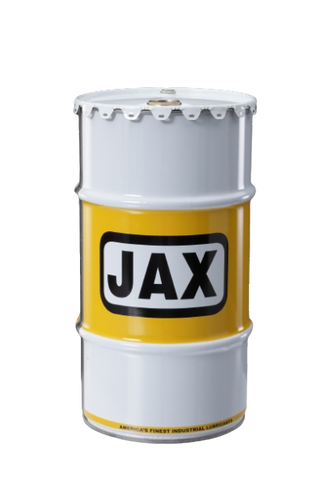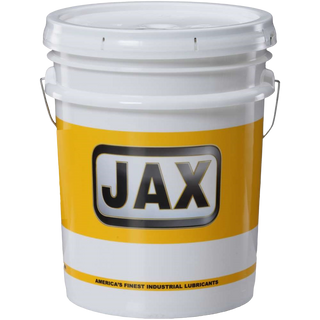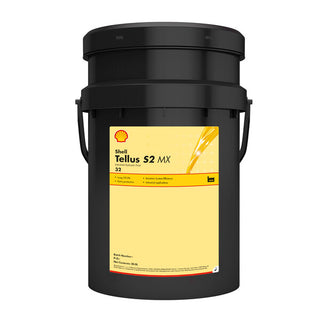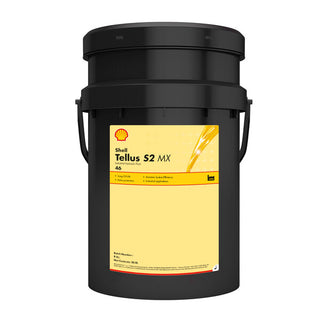Hydraulic Oils
Sort + Filter
Which hydraulic oil is better, mineral or synthetic?
The choice between mineral and synthetic hydraulic oil depends on many factors, including machine specifications, application, budget, performance requirements and operating conditions. Each of these types of oil has its own unique characteristics and benefits that are worth considering. Here is a comparison of both types of hydraulic oils:
Mineral hydraulic oil:
Benefits:
- Economics : Mineral hydraulic oils are typically less expensive than synthetic oils, resulting in lower running costs.
- Good Availability: Mineral oils are widely available in the market and readily available in many places.
- Standard use: Many machinery and equipment manufacturers recommend the use of mineral oils, and their use is widely accepted in a variety of industries.
Characteristics:
- Thermal stability: Mineral hydraulic oils have good thermal stability, although slightly lower than synthetic oils. They are suitable for operation in many applications in various temperature conditions.
- Lubrication properties: Provides sufficient protection and lubrication of hydraulic system components, which translates into an acceptable level of wear.
Application:
- Mineral hydraulic oils are used in many industries, such as agriculture, industry, transport, construction and others, where performance requirements are not too high.
Synthetic hydraulic oil:
Benefits:
- Higher performance: Synthetic hydraulic oils offer significantly better lubricating properties, resulting in less friction, reduced component wear and extended system life.
- Thermal stability: They are more resistant to high temperatures and oxidation, making them suitable for demanding applications where extreme operating conditions are common.
- Less environmental impact: Some synthetic hydraulic oils are biodegradable and more environmentally friendly, which can be important in some applications.
Characteristics:
- Viscosity: Synthetic hydraulic oils typically have a lower viscosity, which translates into better flow and faster response of the hydraulic system.
Application:
- Synthetic hydraulic oils are especially recommended in advanced hydraulic systems such as aerospace, marine, military, medical devices and where higher performance and reliability are required.
In summary Choosing between mineral and synthetic hydraulic oil depends on your individual needs, budget and performance requirements.
Mineral hydraulic oils are economical and perform well in many standard applications, while
Synthetic hydraulic oils offer higher performance and are more suitable for demanding applications.
Sometimes owners of machines from different manufacturers would like to use one oil for everything, but is it possible. The use of the highest quality oil, for example synthetic instead of mineral, will always have a positive impact on the durability and performance of machines. However, it will not be economically justified when the older design does not provide for extended mileage and the possibilities of a better oil will be used to a minimum extent.
On the other hand, the use of lower-quality oil in modern units will always have deplorable effects, especially with excessive mileage extension, because the type and amount of dispersant and anti-wear additives will be far too small.
It is worth considering the recommendations of the machine manufacturer to make the best choice and ensure optimal performance of the hydraulic system.



















